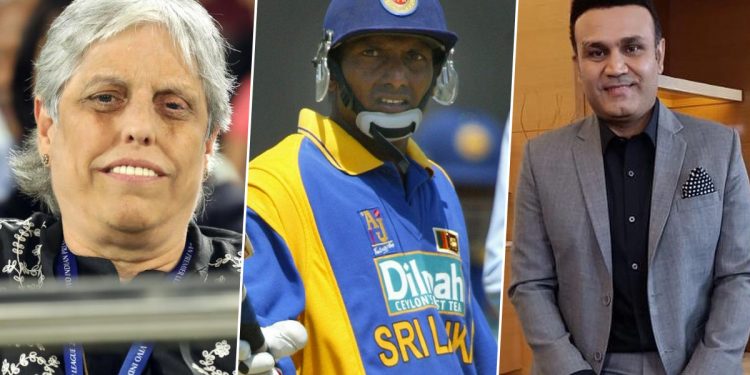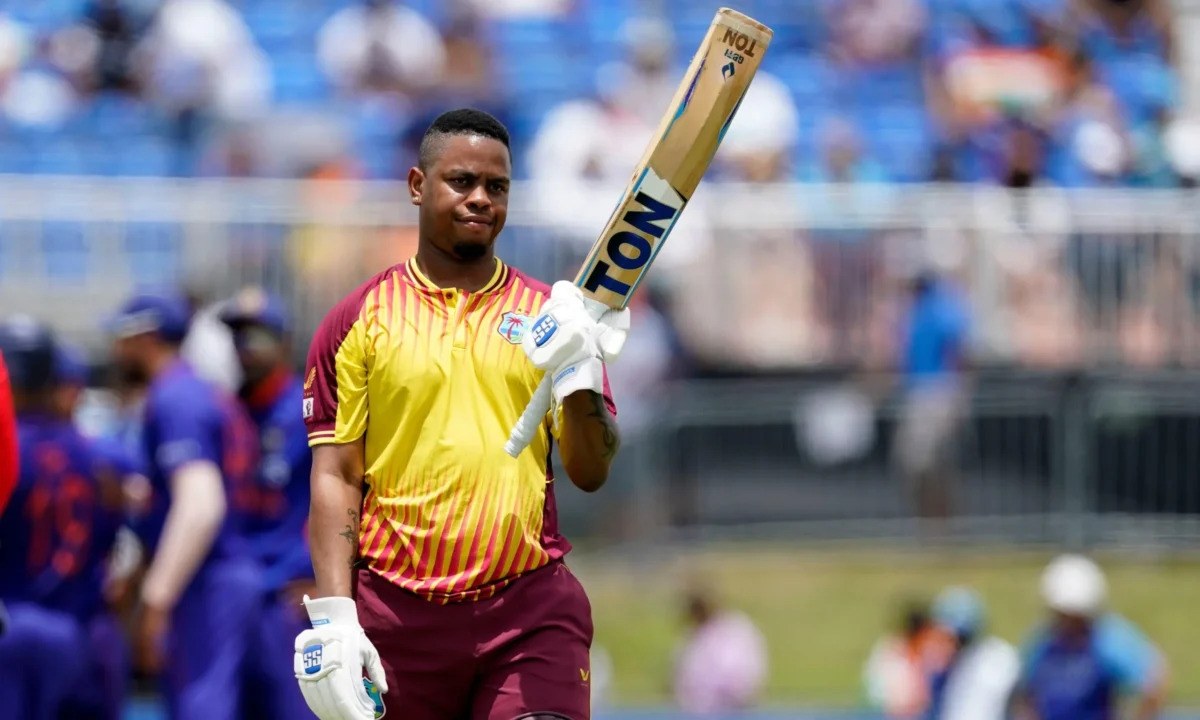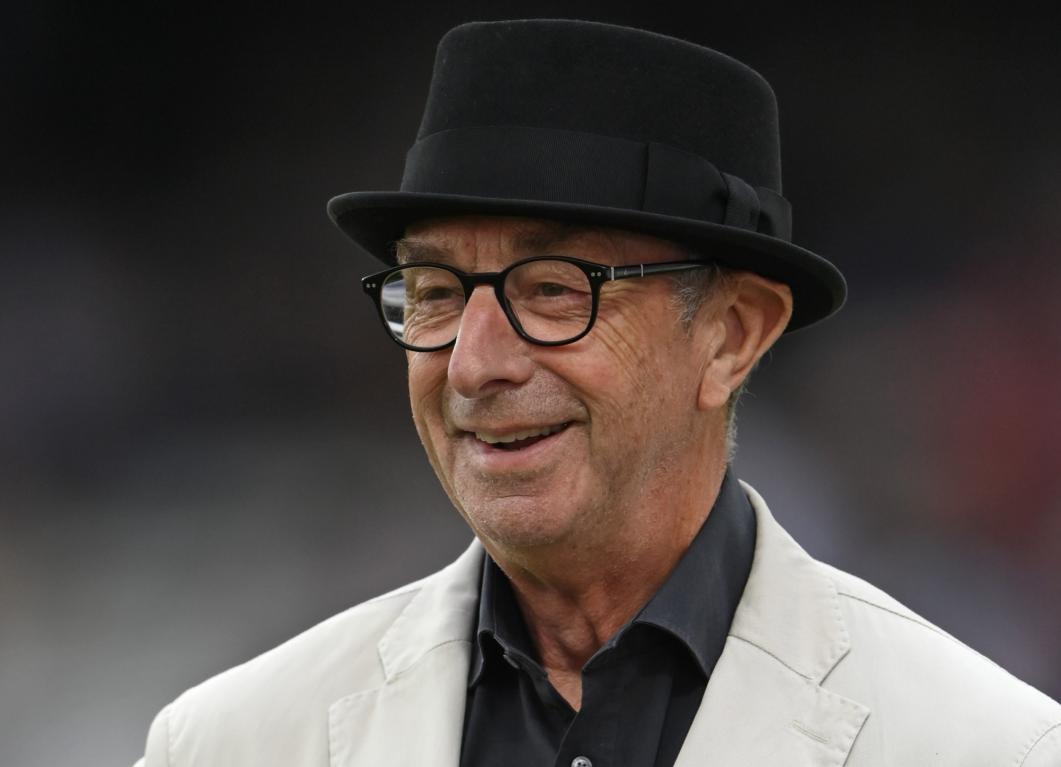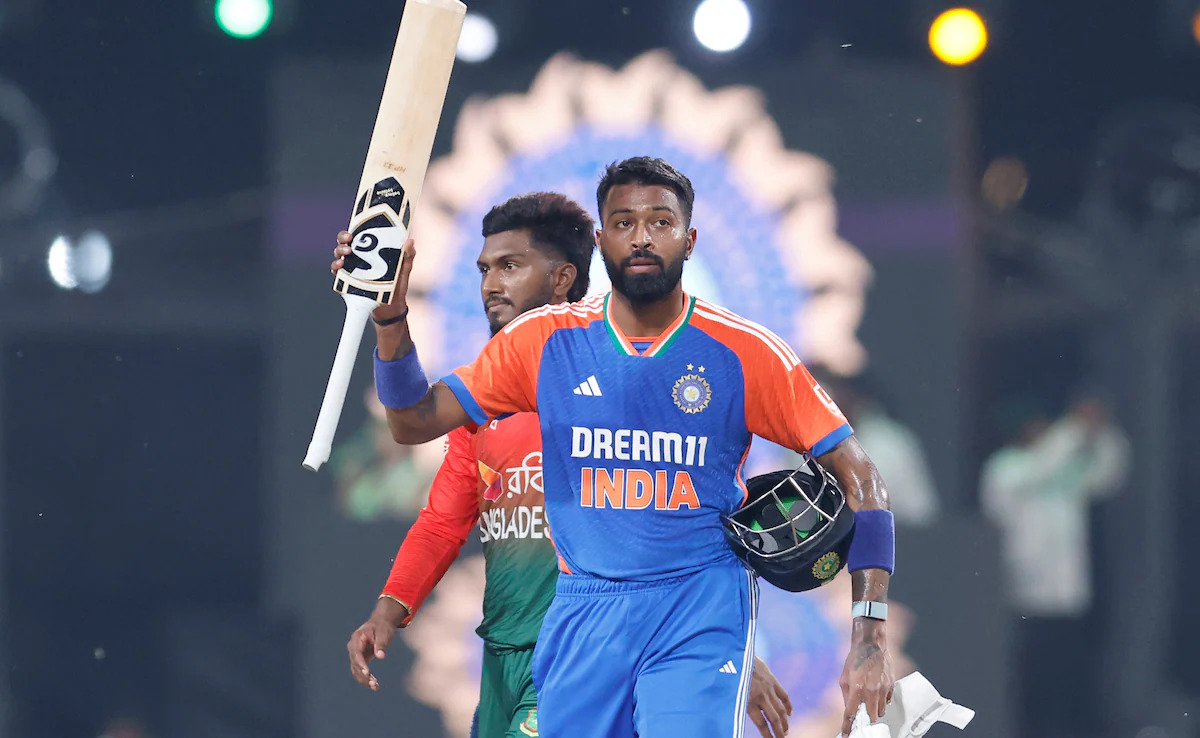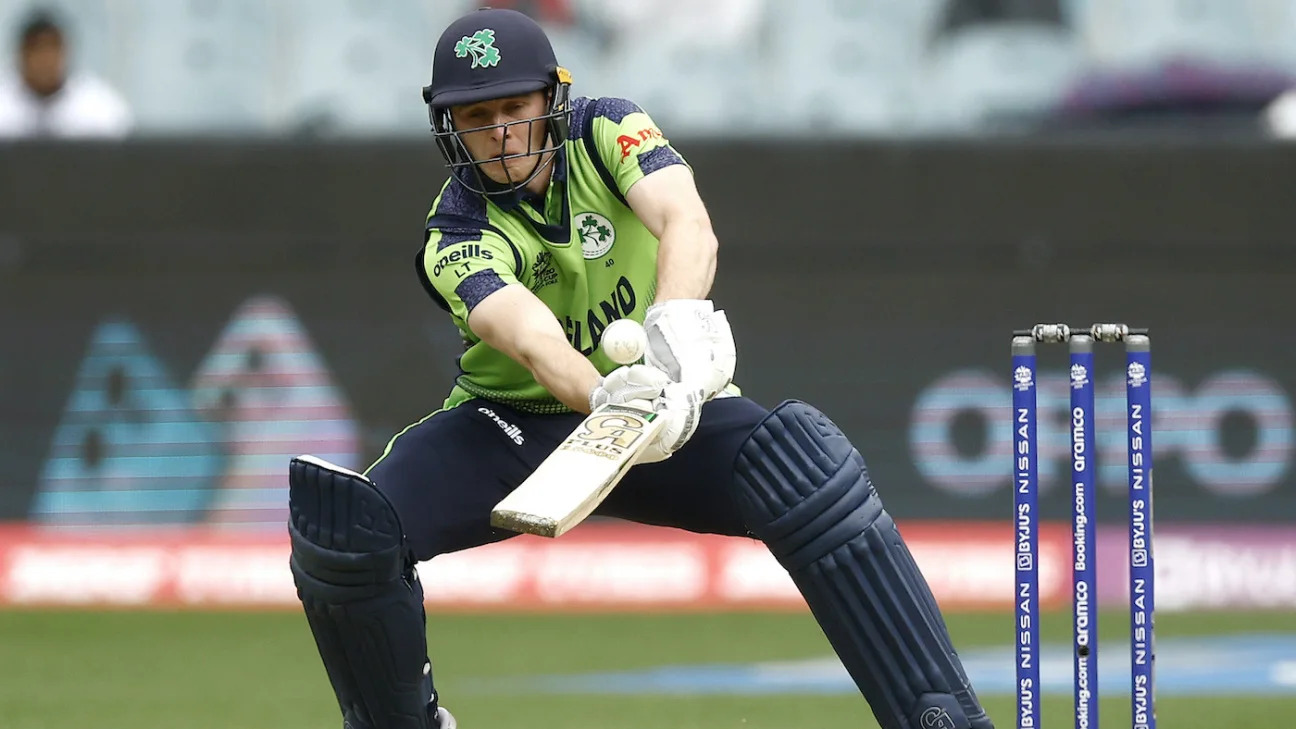As part of the Class of 2023, the International Cricket Council (ICC) has unveiled the most recent cricket icons that will be admitted into the ICC Hall of Fame. Three names will be added to the esteemed list of legends that make up the ICC Hall of Fame: Aravinda de Silva, Diana Edulji, and Virender Sehwag. Voting will take place among current Hall of Famers, media representatives, and top executives from FICA and the ICC.
Due to their enduring contributions, de Silva, Edulji, and Sehwag have been inducted as the 110th, 111th, and 112th inductees, respectively, into the ICC Hall of Fame, which recognizes the finest international cricket players throughout the sport’s lengthy history.
Over the course of his 19-year international career, De Silva made significant contributions to Sri Lanka, most notably during their historic run to triumph in the 1996 ICC Men’s Cricket World Cup. Virender Sehwag remarkable career in international cricket extended to 14 years and over 17,000 runs. He was also a key player in India’s 2011 World Cup-winning effort.
Edulji’s 17-year international playing career and her groundbreaking role in creating the most successful domestic squad in Indian women’s cricket history have led to her being admitted as the first female Indian into the ICC Hall of Fame.
In keeping with this year’s festivities, the Class of 2023 will be admitted on November 15 during the first semi-final of the ICC Men’s Cricket World Cup 2023 at Wankhede Stadium in Mumbai.
The statement “We are thrilled to announce Aravinda de Silva, Diana, and Virender as the latest group of legends to be inducted into the ICC Hall of Fame” was made by ICC Chief Executive Officer Geoff Allardice.
“With the greatest athletes to have ever graced the international arena, this establishment keeps commemorating the long and colorful history of the game. In addition to creating some of the most memorable moments in recent memory for fans, these three individuals each transformed the sport in a unique way.
The Class of 2023 is very deserved of their induction into the ICC Hall of Fame due to their enduring contributions to cricket, and we are excited to celebrate them in Mumbai later this week.
Virender Sehwag: “I’m grateful to the jury and the ICC for this honor of inducting me.
I’m incredibly appreciative that I was able to pursue my passion—hitting the cricket ball—for a significant portion of my life.
“I express my gratitude to my family, friends, teammates, and the numerous individuals who selflessly offered prayers for me.”
“I am filled with profound gratitude as I accept the immense honor of being inducted into the ICC Hall of Fame,” said Aravinda de Silva. This accomplishment is a testimony to the love, commitment, and sacrifice that have influenced my cricketing journey.
My anchor is my family, which consists of my parents, sister, wife, and kids. I am incredibly grateful to them for their unwavering support and selflessness, which have helped me succeed. My buddies have been my rock solid supporters, sticking by me through good times and bad.
“Your unwavering faith in me, coaches, instructors, fans, and supporters, has fueled my determination to succeed. My teammates have been like an extended family to me on this amazing trip, and my captains and mentors have mentored and motivated me. Thank you to everyone I’ve faced off against; you have improved my game.
“The ICC and the Hall of Fame voting committee have my heartfelt gratitude for this outstanding honor. I am honored to have everyone support me and help shape who I am.
“I appreciate you sharing in this incredible journey with me.”
Diana Edulji: “I want to thank the ICC and the Jury from the bottom of my heart for choosing me to be admitted into the ICC Hall of Fame in 2023.
It is a huge honor to be the first female cricket player from India to be admitted and to be among the many male and female cricket players from around the world. Being a candidate for this award makes me very happy.
“This is a proud moment not just for Indian women’s cricket and the BCCI, but also for me, my family, and my friends.”
Aravinda de Silva
29, wickets and 6,361 runs at an average of 42.97 in 93 Test matches
308 ODIs: 106 wickets, 9,284 runs at an average of 34.90
In 1984, Aravinda de Silva made his Test debut at Lord’s. A year later, in Colombo, Sri Lanka defeated India to achieve their first-ever Test victory. De Silva finished with a score of 75. In Faisalabad the following month, he scored his first century in a Test match against an Imran Khan, Wasim Akram, and Abdul Qadir onslaught from Pakistan. In Wellington, New Zealand, in 1991, he set a national record for the highest individual score of 267.
The all-rounder was crucial to Sri Lanka’s 1996 World Cup victory, and his actions during an unforgettable Final match in Lahore against Australia will go down in cricket annals. After restricting Australia’s total with three crucial off-spin wickets, De Silva scored an undefeated 107 to lead his team out of difficulty and win their first-ever global title. He still holds the record for being the only player to make a century and take three wickets in the same World Cup match.
After the 2003 ICC Men’s Cricket World Cup, he announced his retirement from all international cricket. He had finished his career in Test cricket in 2002 with a double-century in his final innings.
Diana Edulji
20 Test matches: 404 runs at an average of 25.77, 63 wickets
34 ODIs: 211 runs, 46 wickets at 16.84 average
Perhaps the first truly outstanding female cricket player to come out of India, Edulji was a trailblazer who played for 17 years for her country. Merely two women have amassed more Test wickets and bowled more deliveries than this right-handed batter and slow left-arm bowler.
Participating in three ICC Women’s Cricket World Cups, she led India as captain in 1978 and 1993, claiming 14 wickets in the latter competition. In her very first Test match, she scored fifty-seven runs, and her best bowling stats came eight years later in Delhi against Australia, with a 6-64 score.
Still, her effect went well beyond the playing field. Following her successful persuasion of the Railways Minister to field a women’s cricket team in 1984, Railways went on to become the most successful Indian women’s cricket team. She added 11 national titles for Railways to her previous three Mumbai crowns.
In all forms of international cricket, only Lyn Fullston had taken more wickets by the time she retired following the 1993 World Cup.
Virender Sehwag
8,586 runs at an average of 49.34 and 40 wickets in 104 Tests
25,1 One-Day Internationals: 8,273 runs at 35.05 average, 96 wickets
19 T20Is: 394 runs at 21.88 apiece
Virender Sehwag was a middle-order batsman before captain of India Sourav Ganguly promoted him up the order after he hit a century in his Test debut against South Africa. In the end, he scored more runs at a faster rate than any other player in Test cricket history and transformed the position of the opener.
In March 2004, Virender Sehwag scored India’s first Test triple-century against Pakistan with a six. Four years later, in Chennai, he again reached the 300-ball milestone against South Africa in just 278 balls. The next year, against Sri Lanka in Mumbai, he came seven runs shy of making it three Test triple hundreds.
In addition to helping India win the ICC Men’s Cricket World Cup in 2011, Sehwag set a record ODI score of 219 against the West Indies in 2011 that remained in effect for three years. He also demonstrated his signature explosive style by hitting five consecutive boundaries with the opening ball of India’s innings against Bangladesh.









 Win Projections to be updated soon
Win Projections to be updated soon















